We are super excited that Turner Classic Movies (TCM) is going dark on Fridays in June and July with the return of Summer of Darkness, film noir screenings hosted by Eddie Muller, also known as “The Czar of Noir.”
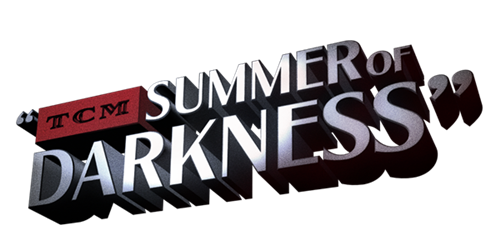 The Summer of Darkness programming slate will feature more than 100 noir titles making it the most extensive catalog of noirs ever presented by the network.
The Summer of Darkness programming slate will feature more than 100 noir titles making it the most extensive catalog of noirs ever presented by the network.
Summer of Darkness titles include:
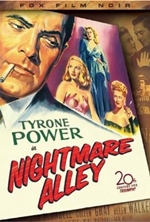 · “Nora Prentiss” (1947, Vincent Sherman), starring Ann Sheridan and Kent Smith.
· “Nora Prentiss” (1947, Vincent Sherman), starring Ann Sheridan and Kent Smith.
· “Born to Kill” (1947, Robert Wise), starring Lawrence Tierney and Claire Trevor.
· “Nightmare Alley” (1947, Edmund Goulding), starring Tyrone Power, Joan Blondell, Coleen Gray and Helen Walker.
· “Gun Crazy”(1950, Joseph H. Lewis), starring John Dall and Peggy Cummins.
· “The Third Man” (1949, Carol Reed), starring Orson Welles, Joseph Cotten, Alida Valli and Trevor Howard.
· “L.A. Confidential” (1997, Curtis Hanson) starring Russell Crowe, Guy Pearce and Kim Basinger.
 TCM first featured Summer of Darkness programming in the summer of 1999.
TCM first featured Summer of Darkness programming in the summer of 1999.
In addition to the 24-hour on-air programming, fans will also have the opportunity to experience film noir on the big screen when TCM, Fathom Events and Universal Pictures bring Billy Wilder’s 1944 noir classic “Double Indemnity,” starring Fred MacMurray and Barbara Stanwyck, to theaters across the country on July 19 and 20.
Count us in! Reviews for most of these titles are on FNB — just hit the search bar on the right.





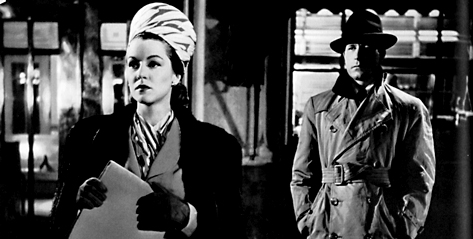
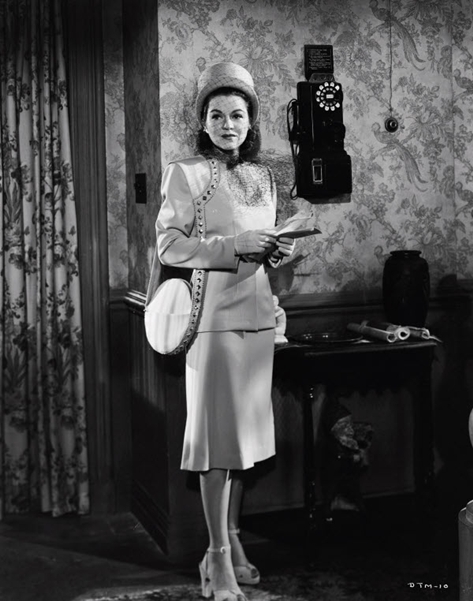
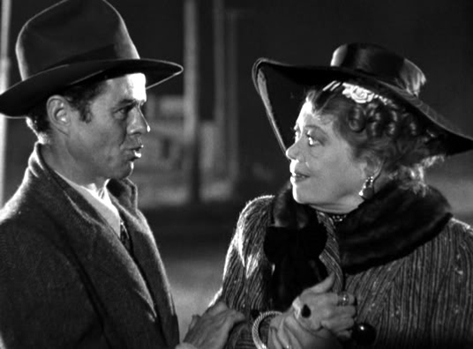
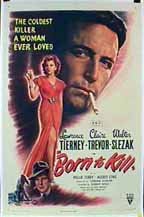
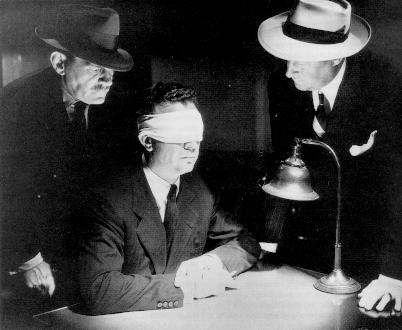
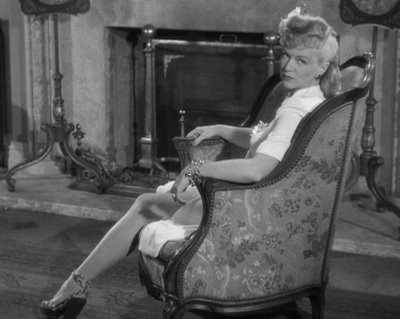
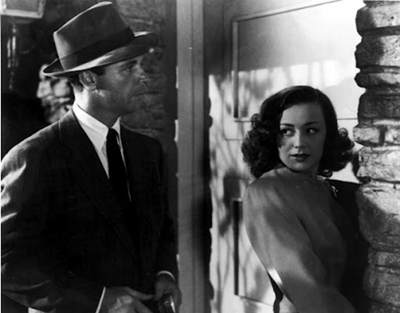
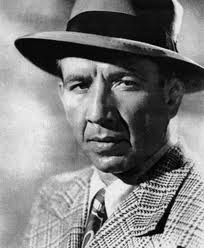
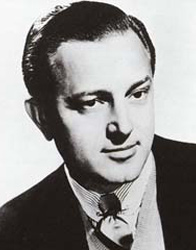





From FNB readers